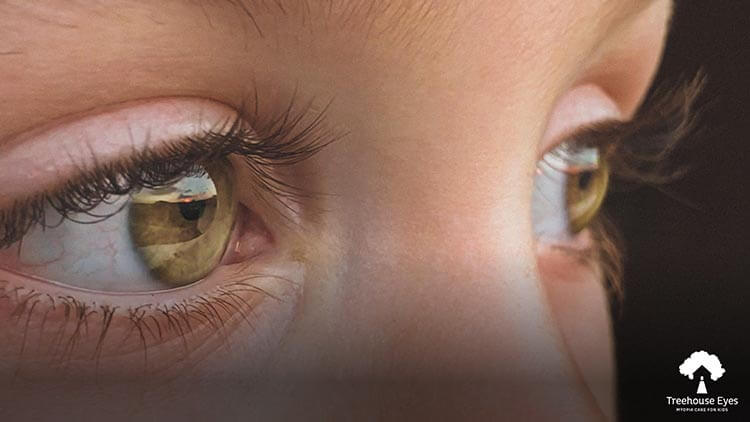August marks Children’s Eye Health and Safety Month, shining a spotlight on the critical need to protect children’s vision and eye health. Clear sight is vital for kids to thrive in school, sports, play, and daily life. However, many children have undiagnosed vision issues that require early detection and intervention for the best outcomes.
Why Early Detection Matters
Catching vision problems early in childhood is crucial. Early detection ensures children get the vision correction they need during critical developmental windows. Those children suffering from vision deficits can lead to academic issues, behavioral problems, and even low self-esteem issues.
Signs Your Child May Need an Eye Exam
There are several signs parents should look for that may indicate a child is struggling with their vision:
- Frequent squinting or rubbing of the eyes
- Sitting very close to the TV or holding devices close to the face
- Tilting the head to one side
- Covering one eye
- Difficulty seeing the board at school
- Avoiding reading/close work
- Losing place while reading
- Trouble differentiating colors
- Clumsiness or poor hand-eye coordination
- Headaches or eye pain after visual tasks
If you observe any of these symptoms, schedule an eye exam with an optometrist or ophthalmologist who specializes in pediatric patients. An exam can identify issues like nearsightedness, farsightedness, lazy eye, convergence problems, and other disorders.
Protecting Your Child’s Vision Health
Along with regular eye exams, there are several ways parents can help maintain healthy eyesight:
– Ensure your child wears 100% UV-blocking sunglasses outside
– Limit screen time and take frequent breaks from ‘near-work’
– Provide a nutritious diet with eye-healthy vitamins
– Avoid smoking and secondhand smoke exposure
Following your eye doctor’s specialized treatment plan is also essential to managing any vision conditions your child is diagnosed with.
The Benefits of Annual Eye Exams
Getting your child’s eyes checked every year is a critical piece of preventive healthcare. At annual exams, optometrists and ophthalmologists thoroughly evaluate vision acuity, eye alignment, and eye health. Treehouse Eyes optometrists go a step further by measuring axial length to determine if myopia is present or not. This allows early detection of refractive errors like myopia (nearsightedness) as well as other eye disorders like amblyopia or strabismus, which require prompt treatment.
Catching and addressing issues early improves outcomes and treats the issues rather than just correcting them with glasses. Annual exams also screen for eye diseases and conditions that rarely show apparent symptoms in kids, like glaucoma. Preventing and controlling these disorders protects long-term vision.
Treehouse Eyes is proud to join in Children’s Eye Health and Safety Month by helping educate families about protecting one of their child’s most precious gifts—the ability to see the world clearly. By scheduling comprehensive eye exams each year and remaining vigilant for signs of vision issues, parents can ensure their child’s visual development stays on track. If you have any concerns about your child’s vision, consult a Treehouse Eyes doctor near you. Healthy eyes and clear sight in childhood provide a lifetime of benefits.
Let Treehouse Eyes Help Your Child Manage Myopia
Treehouse Eyes’ doctors use modern equipment to develop personalized treatment plans for your child. Our treatment plans include special prescription eye drops and customized daytime and overnight contact lenses. Treehouse Eyes doctors determine which treatment plan works the best for your child at your initial consultation. Schedule a consultation now to find out more.

Dr. Gaia Hess is a vision therapy and myopia management doctor with VisionQuest Eyecare. She’s passionate about pediatric eyecare and educating her young patients and their parents so they can understand what’s happening with their eyes and the best ways to improve their vision.

